mitzi, late 20s, they/them | miscellaneous blog for the fandoms i don't have a dedicated sideblog for, my original writing, and whatever else catches my fancy | sideblogs (and main, it's complicated) in the pinned post | ao3
Don't wanna be here? Send us removal request.
Text

Home Sweet Home
---
What if Sam just kept growing? What if he outgrew the Earth but refused to leave it behind? What if he became the cosmic cradle within which countless generations of beings lived their entire lives?
What if he couldn't interact with humans on as personal of a level anymore and, in his loneliness, traveled to a cold dark empty place to reunite with an old friend?
#look outside#sam look outside#mood mood mood#entire species are born in its limbs#and yet next to its parent… it is still so very tiny
1K notes
·
View notes
Text



left behind again
#professor layton#flora reinhold#recently replayed the original trilogy and yeah. she deserved better
2K notes
·
View notes
Text
#games of tumblr#picked ‘clockwork repair’ but i have no idea if fucking around with vacuum tubes is endangered or not#crt television repair. it’s a small industry but i know there’s a market for it
2K notes
·
View notes
Text
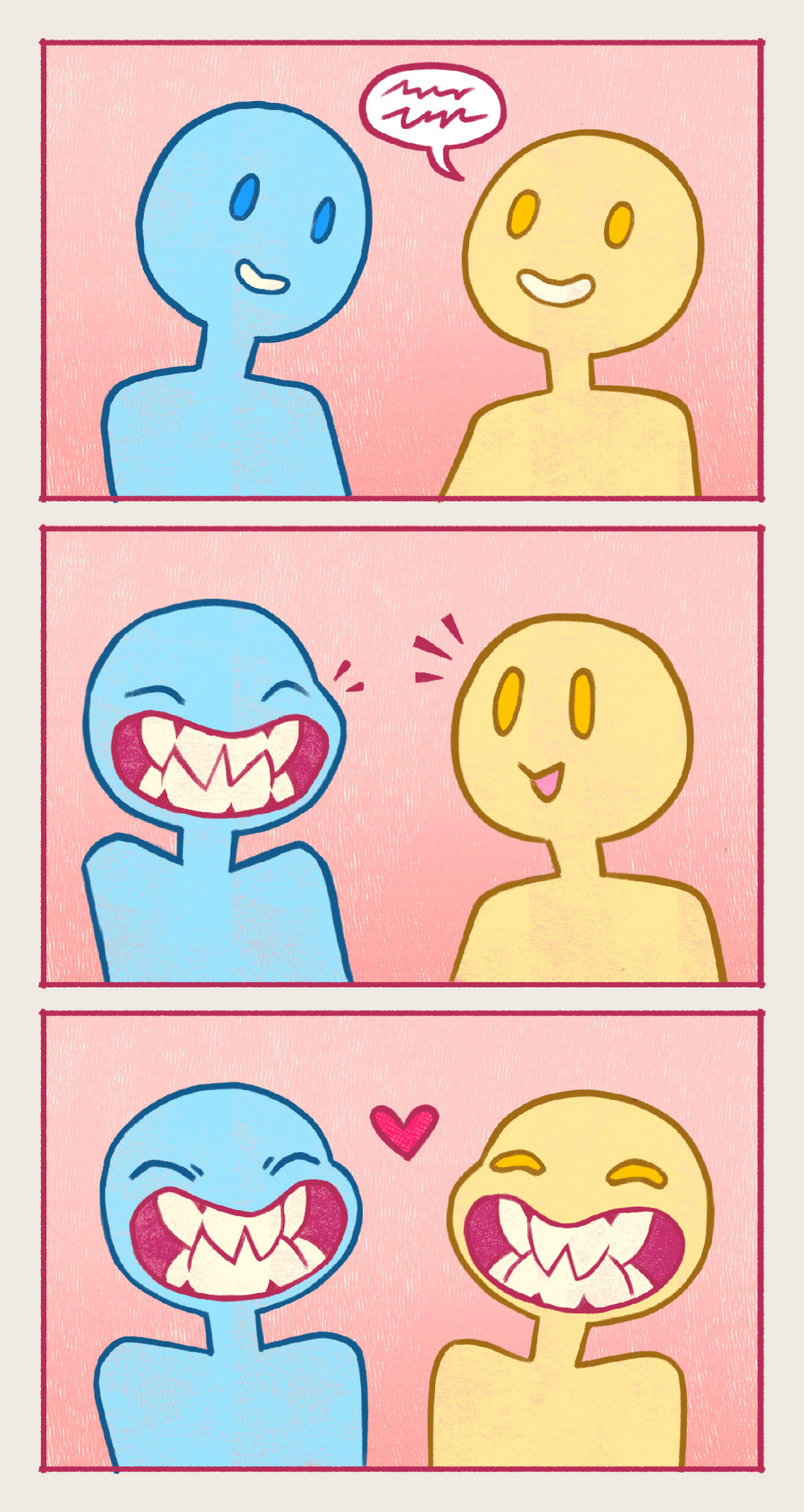
the joy of realizing someone is a similar type of freak as you
158K notes
·
View notes
Text
#‘there’s a mushroom growing from my head’ and apparently i’m going to make it everyone else’s problem#games of tumblr
9K notes
·
View notes
Text
917 notes
·
View notes
Text
Tw (pranking):
Keep reading
23K notes
·
View notes
Text

Stalkers Georg, who lives in Montreal
#look outside#sam look outside#lyle look outside#shadow look outside#spine look outside#:snrkt:#new indie game obsession! this made me laugh out loud#sybil look outside
2K notes
·
View notes
Text
I have been thinking of this Canal+ ad with napoleon in it
7K notes
·
View notes
Text
you get to cut one basic need out of your life. you can still CHOOSE to partake in them and they will feel as good and refreshing as normal, but going without will no longer affect you negatively.
9K notes
·
View notes
Note
The Ancient Greeks are well known to have many interesting monsters in their myths. Did the Egyptians have monsters in their tradition too?
I think this all comes down to the understanding a definition of 'monster' within both societies, and then also how we define a monster today. If my classics mutuals around here can put that old man down for a second (Cicero) they might be able to elucidate what I'm going for here in reblogs.
Ancient Egypt doesn't really have monsters like the Ancient Greeks have monsters? They don't categorise things like that. In Egypt entities are always neutral with the capacity for good and bad. Nothing is inherently 'monstrous' in their literary texts or religion. Even Apep, who is a very large snake that the sun god Ra fights during the night to maintain Ma'at, isn't considered inherently bad or a monster. He's considered a necessary part of existence.
This is because the way Ancient Egyptians conceptualised their experiences, and by extension their religion and stories, is that everything had to be in balance. They can be good or bad in accordance with Ma'at (divine order/balance) and all things have this capacity. It is necessary and normal. Thus even if an entity acted 'bad' the Egyptians wouldn't consider them a monster because it was correct that they did so in order to maintain Ma'at. Going back to Apep, he must act out and Ra must defeat him so that balance is maintained and order is kept. The god Seth/Set is not 'evil', that's a Christian attribute that was assigned to him by early archaeologists who didn't know the value of not viewing something through your cultural lens. Seth has the capacity for good and bad, and he's supposed to according to how the Egyptians view their world and while they viewed him as a chaotic deity he wasn't 'bad'.
In contrast, the Ancient Greeks have epics wherein you have the concept of the hero's journey and on that journey they have to defeat mythical monsters. I can't really speak for Greek myth since I don't know much about it at all, but the way they conceptualise these stories and the entities within them requires them to have something 'monstrous' for the hero to defeat or to learn a lesson from. There's a reason these entities are the way they are in the narrative. Contrast that with the only 'epic' I can really say Ancient Egypt has; the Tale of Sinuhe. In that, there are no monsters...the thing Sinuhe has to defeat is his own fear to return to Egypt.
Ancient Egypt just doesn't have monsters, unfortunately.
#long post#oooh history#eeee mythology#something something bronze age collapse#something something the greeks started building cities after writing was invented#so the memory of the pre-city past is… not close. but still there#or something. maybe. idk i’m not an expert
870 notes
·
View notes
Text
My favorite “with Mama” images:








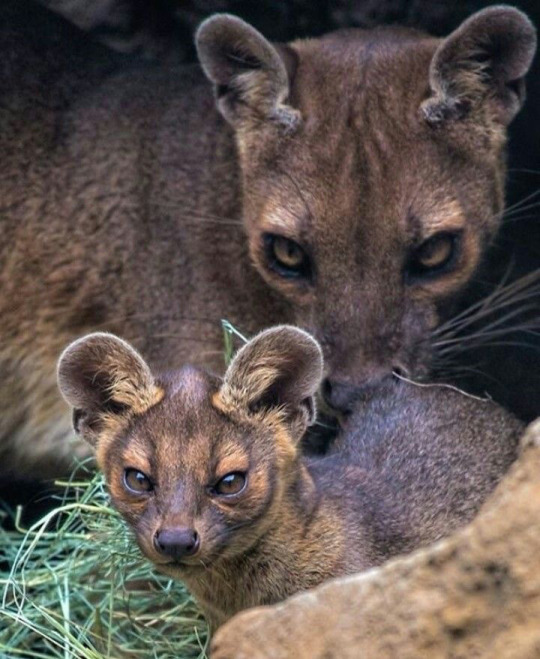
Happy Mother’s Day, to those who celebrate
268 notes
·
View notes
Photo
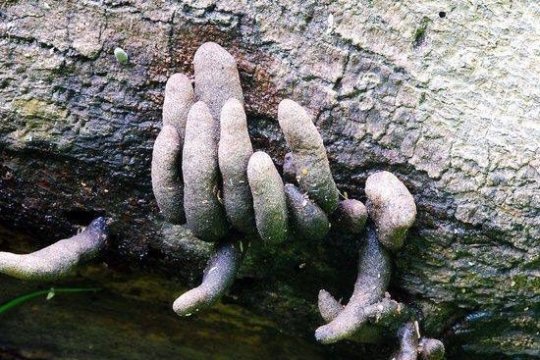
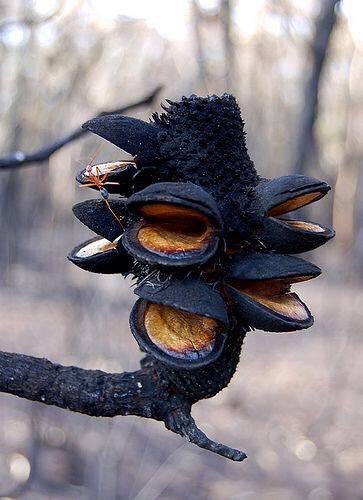
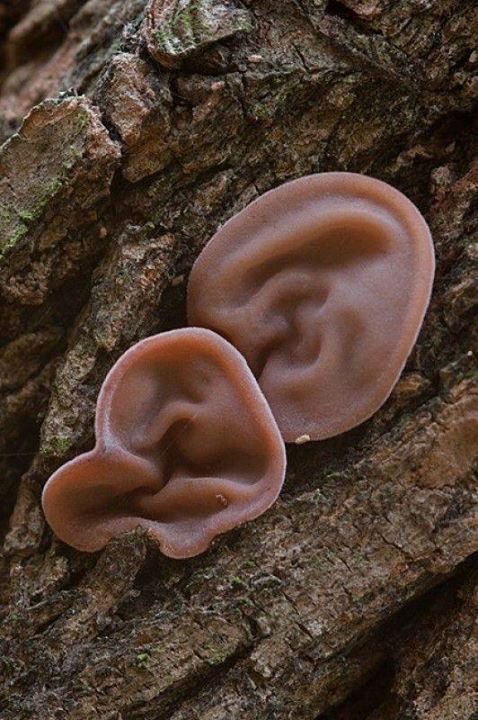

87K notes
·
View notes
Text
Okay, let's talk - really talk - about the "problematic stuff" in the actual Harry Potter books: a rant
I always love when someone finds one of my posts like this one about how to do a Harry Potter boycott, and reblogs it with something like "um actually no, liking HP at all is NOT ok, have you considered that those books themselves are problematic?" Uh yeah Miss Zoomer, I have, because I was ten years old when Goblet of Fire came out and in the midst of a U.S. Civil War obsession, so the way that the house-elf slavery was portrayed in that book wigged me out without any adults telling me to feel that way. I picked up on the weirdness of it all on my own! Somehow I wound up liking the book anyway despite not liking that one subplot, just like plenty of people enjoy Star Wars overall while disliking the Ewoks. Also, elementary-school Rose was reading books by people like Roald Dahl, L. Frank Baum and fucking C.S. Lewis - as in, fantasy novels that had significantly more examples, and ones baked deep into their themes sometimes, of the kinds of bigotry that people decry J.K. Rowling's work for!
And you'll say, "But cardassiangoodreads, those are older works!" But here's why Gen Z keeps disproportionately falling for this argument: because every true Millennial lifelong-bookworm knows that even by the standards of fantasy of its own time - and particularly children's fantasy - a lot of the bigotry people zero in on in Harry Potter books is not very remarkable at all! Even works that remain far more beloved by progressives today, like, say, Tamora Pierce's books, are chock-full of stuff like Orientalism and heteronormativity. Some of the tropes that people decry in Harry Potter like misogyny toward female characters' life choices (another thing I noticed that no one wanted to hear me talk about on online fan forums in the 2000s) or using gender-deviance / fatness / ugliness as signs of moral decay, were also incredibly common in children's books at the time - I don't care about what that Ursula K. LeGuin quote said, sure she's entitled to her opinion about the books' mean-spiritedness but HP was not unique in those ways at all, "fatness associated with being a bully" is all over 90s and 00s children's lit. And the antisemitism of the goblins and, yes, the racism of the house-elf slavery, is the kind of "regurgitating something you saw in canonical fantasy fiction that you didn't realize was rooted in bigotry" that was also incredibly common in all fantasy of the time. (Did you really think she came up with the goblin antisemitism all on her own? Opera buff says lol #cantrelate) Hell, authors of both adult and children's fantasy are only starting to get heat for that! Even though there are whole subgenres of fantasy and horror that are based in fear of specific human Others, for instance.
(IMO what makes JKR different from the Tamora Pierces and, yes, Rick Riordans is that she's been unrepentant about this stuff, whereas they have IIRC both apologized for some of the dated aspects of their earlier works. A British author being a bit clueless about how the house elf stuff would read to an American audience that is much more sensitive about slavery was defensible for JKR at the time Goblet of Fire came out - it's not so much when she specifically set out to depict "Magic in North America" after a decade and a half of mega-fame and wealth and the increased scrutiny and responsibility that comes with it, and wrote a bunch of racist and colonialist garbage that clearly didn't consult any indigenous people or even consider that as a thing she might want to do. That said, some of it is also that HP is as popular and as much of a cultural juggernaut as it is. I don't think people would feel as betrayed if either of those authors turned out like she did - contrast the way people talk about S.E. Hinton's or even Orson Scott Card's homophobia. And theirs are not obscure works!!!!)
So saying kids shouldn't read Harry Potter based on the books' "problematic content" is intellectually dishonest. They're almost certainly going to encounter at least some of the other media I mentioned - in fact, you probably think some of that's a good thing! I've earnestly seen people recommend Lewis's Narnia series, books that are thematically apologetics for both fundamentalist Christianity and the British Empire, and whose textual misogyny is so bad Rowling herself has criticized it on those grounds, as a "less-problematic alternative" to HP - which is just, are you fucking kidding me? Could you make it any clearer you're getting all your opinions from the Internet with no critical thinking of your own applied? Or at least that you haven't read your supposed "recommendation" recently enough for it to mean shit? And I don't hate those books or anything or think kids shouldn't read them, I don't think that about anything and I enjoyed plenty about that series as a kid - but come on, if you actually took issue with anything "problematic" in HP you'd be way more bothered by the much more of it in in those books!
It is, in fact, never too early for kids to learn the lesson about how to engage with problematic media that they otherwise like. Believe me, I had already learned that lesson by the time I encountered the Harry Potter books - I grew up in a household where TCM was always on, ffs, and again, Civil War phase, don't you think I'd seen Gone with the Wind by that point? I'd even read Uncle Tom's Cabin, an earnest anti-racist book that is nevertheless famously.... "extremely dated" is generous, by modern standards, in the way any book about racism by white people from that era is. All that being said, I think it's especially important for them to read stuff like Harry Potter which is much more recent and much more engaging to modern kids, and learn how to spot and grapple with the bigotry that is still there. I think they'll be better for it, even! I certainly feel like I am! At the very least, it'll prepare them for being able to spot that in media they encounter on their own. Maybe some of you wouldn't need a discourse post to tell you about the problems with those books if your parents and teachers had done that for you a little better?
TL;DR - the reason you take issue with Harry Potter is J.K. Rowling's transphobia, plain and simple. And that's perfectly legitimate. So don't buy your kids official Harry Potter stuff and tell them why. That'll set up for a much better, more productive conversation than pretending it's about some other thing in the books themselves, and then being totally fine with plenty of other media that contains that same thing.
TL;DR II - any standard by which Harry Potter is "too bigoted" for today's kids would also effectively ban most media from before a few decades ago, and do you really think that's good for kids, to just completely cut them off from the entire history of human art and media before the last half-century? Or is it instead better to teach them how to grapple with that work, how to navigate the foreign country that is the past?
#long post#harry potter ////#that’s. yeah#honestly i can’t see myself ever engaging with her work again#but i hadn’t cared about it for years even before she got radicalised. that’s easy for me to say#your fandoms and your reasons for engaging with those fandoms are your business. just tag it and don’t give her money#but also yeah that stuff about people assuming their favourite author is a precious angel who’s never done anything questionable#unlike Evil Evil Joanne#really hits it on the nose#that post i saw calling her ‘THE sexist/racist/homophobic/transphobic/etc etc author’ as if she was the only one ever#lives rent free in my brain#learn to read stories critically! and seriously don’t buy anything hp related until she either dies or recants#(maybe even not after her death depending on what she does with her will)
357 notes
·
View notes
Note
Why do so many cephalopods die immediately after reproducing?
Okay so the physical reason is that mating triggers a change in their brain chemistry and hormone levels that essentially poisons them and makes them behave strangely and stop eating. If the gland responsible for this change is removed, the cephalopod continues as normal and lives for many months after laying eggs.
But the evolutionary reason is the end-Cretaceous extinction. Cephalopods used to have a pretty huge variation in lifespan, ranging from a few months to over 200 years (https://www.iflscience.com/ancient-paperclipshaped-sea-creature-could-live-for-200-years-57685)
Large, long-lived cephalopods were hit hard by the mass extinction and those who survived did so by being short-lived and reproducing quickly, so they were selected for as cephalopods recovered from the extinction event. The most ancient species, the nautilus, can live for several decades and mate many times, hinting at the high diversity of life strategies that cephalopods used to have.
So yeah, the reason octopuses usually only live a year or two before self-destructing is because of that fucking asteroid.
6K notes
·
View notes
